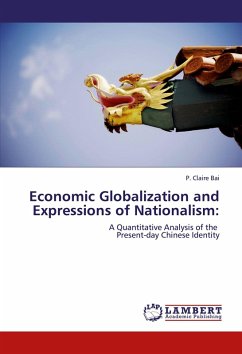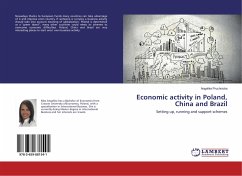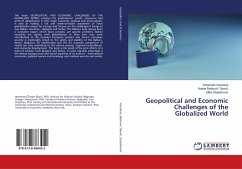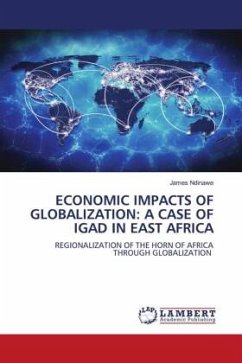Economic globalization and growing interdependence have facilitated the flows of trade, investment, and ideas among formerly hostile countries. However, political antagonism driven by nationalistic sentiments continues to break out in countries with increased inflows of FDI, such as China. This thesis focuses on the micro-foundations underlying expressions of nationalism in the forms of economic protectionism and xenophobic political hostility, and musters both public and original survey data to examine the dynamic effects of interpersonal contact and patriotic predisposition as explanations for individual attitudes on international policy issues. The empirical analyses suggest that China s integration into the global economy over the past decades has not yet promoted more popular cosmopolitan identities and perspectives among the general public, even among citizens who have high levels of exposure to foreign business and economic influence. The persistence of nationalistic worldviews and identities has serious implications for foreign businesses and governments that wish to proactively engage a rising China in international and regional affairs.
Bitte wählen Sie Ihr Anliegen aus.
Rechnungen
Retourenschein anfordern
Bestellstatus
Storno








